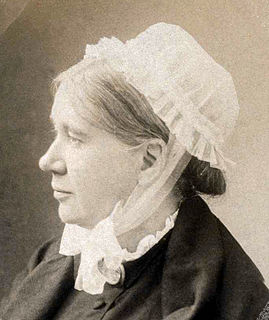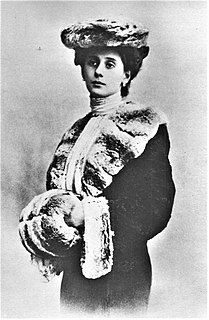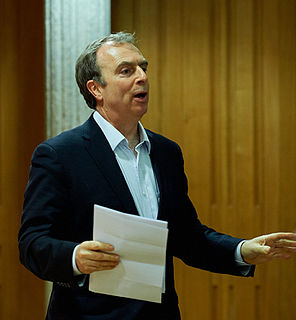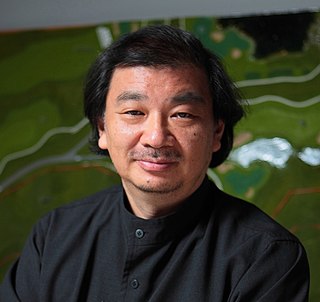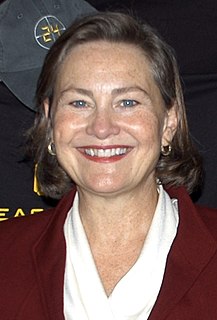A Quote by Derek R. Audette
Thoughts, words, ideas and information, free from any bonds or restrictions, is the very concrete which pours out a foundation strong enough that upon which a house, stable and lasting, of true freedom and liberty may be built.
Related Quotes
The liberty I mean is social freedom. It is that state of things in which liberty is secured by the equality of restraint. A constitution of things in which the liberty of no one man, and no body of men, and no number of men, can find means to trespass on the liberty of any person, or any description of persons, in the society. This kind of liberty is, indeed, but another name for justice.
Compared with men, it is probable that brutes neither attend to abstract characters, nor have associations by similarity. Their thoughts probably pass from one concrete object to its habitual concrete successor far more uniformly than is the case with us. In other words, their associations of ideas are almost exclusively by contiguity. So far, however, as any brute might think by abstract characters instead of by association of con cretes, he would have to be admitted to be a reasoner in the true human sense. How far this may take place is quite uncertain.
It may be that a free society... carries in itself the forces of its own destruction, that once freedom has been achieved it is taken for granted and ceases to be valued, and that the free growth of ideas which is the essence of a free society will bring about the destruction of the foundations on which it depends.
It is proposed that a form of free dialogue may well be one of the most effective ways of investigating the crisis which faces society, and indeed the whole of human nature and consciousness today. Moreover, it may turn out that such a form of free exchange of ideas and information is of fundamental relevance for transforming culture and freeing it of destructive misinformation, so that creativity can be liberated.
True inward quietness is not that which may be produced by shutting out all outward causes of distraction -- a process which, when carried out too severely, may intensify the inward ferment of the mind, especially in the young. It is rather a state of stable equilibrium; it is not vacancy, but stability -- the steadfastness of a single purpose.
Mathematicians may flatter themselves that they possess new ideas which mere human language is as yet unable to express. Let them make the effort to express these ideas in appropriate words without the aid of symbols, and if they succeed they will not only lay us laymen under a lasting obligation, but, we venture to say, they will find themselves very much enlightened during the process, and will even be doubtful whether the ideas as expressed in symbols had ever quite found their way out of the equations into their minds.
For me, there's no difference between what's temporary and what's definitive. I built the church in Kobe, which was supposed to be temporary, and people liked it so much that there's a version of it still there today - unlike some concrete buildings that were just built for money and that can be destroyed from one day to the next. Concrete can be very fragile during earthquakes.
There is a very common, though also very silly, picture of Kant according to which as empirical beings we are not free at all, and we are free only as noumenal jellyfish floating about in an intelligible sea above the heavens, outside any context in which our supposedly "free" choices could have any conceivable human meaning or significance. Part of the problem here is that Kant faces up honestly to the fact that how freedom is possible is a deep philosophical problem to which there is no solution we can rationally comprehend.







